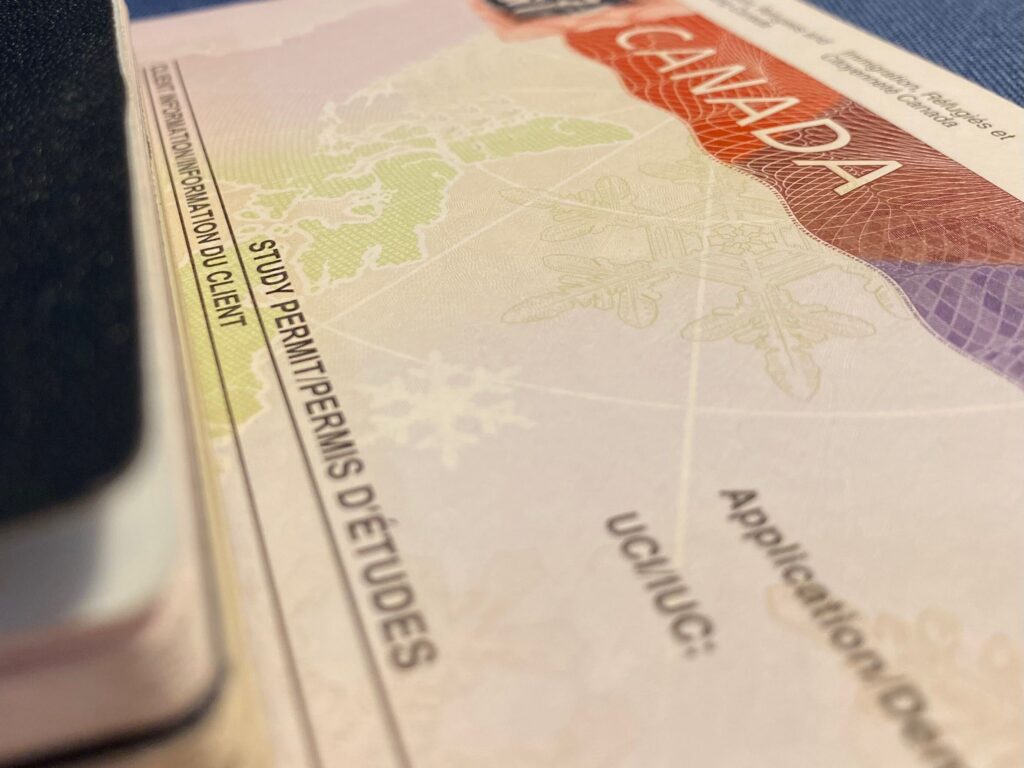
Listen to the full story here:
Labour rights groups and student associations in Canada are condemning the federal government’s decision to cap the number of undergraduate study permits granted over the next two years.
Immigration Minister Marc Miller announced Monday that Canada will approve 360,000 permits this year, down 35 per cent from 2023. The government said in a news release the measures are required because since students are arriving in Canada without the support they need to succeed and their high numbers put “pressure on housing, health care and other services.”
“Allowing bad actors to continue their operations would be a disservice to all the good institutions who pride themselves in providing a top tier academic experience,” Miller said in a press conference held in Montreal, Que.
Sarom Rho, an organizer at Migrant Workers Alliance for Change (MWAC), said the new policy does more harm than good.
“All of us in Canada are facing overwhelming bills and exorbitant rent because of price-hikes, failures of government policy and runaway profiteering. And yet it is immigrants who are being scapegoated,” Rho said in a statement released online.
“Housing prices went up even when the border was closed during COVID-19. Capping immigration is not a solution, prices will remain high, all today’s announcement does is cede to racist ideas and hurt working class people and their families.”
In addition to the caps on permits, Miller announced that students attending private colleges that are licensed to offer the curriculum of associated public colleges won’t qualify for work permits upon graduation.
The spouses of undergraduate students and college students will also no longer be eligible for open work permits.
Students pursuing master’s or doctoral degrees and their spouses will remain unaffected by both, the cap and the work permit restrictions.
The Canadian Alliance of Student Associations (CASA) deplored the government’s decision in a press release, stating that the policy will “make it less likely for families to stay intact…posing undue difficulty for future Canadian talent retention.”
Hetu Patel, vice president of education at the Toronto Metropolitan Students’ Union, said it shouldn’t be on international students to solve Canada’s housing problem.
“The universities need international students [due to the increased tuition fees they bring in],” said the second-year computer science student from India. “So when we look at the larger picture, the government must collaborate with various companies or housing agencies to provide more [housing opportunities to students].”
The MWAC’s Rho said the government needs to rethink its approach: “There is an immigration crisis in the country but it’s not in runaway numbers, it’s in the abuse, exploitation and exclusion of people without permanent resident status and that is where we must focus.”
Lynette George is a third-year journalism student at Toronto Metropolitan University. She enjoys writing about art, culture and social justice, with a specific focus on telling South Asian stories.

